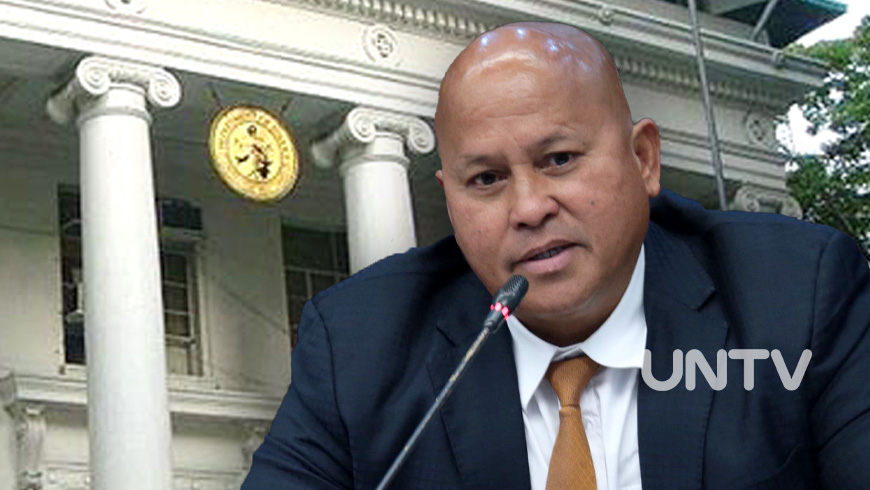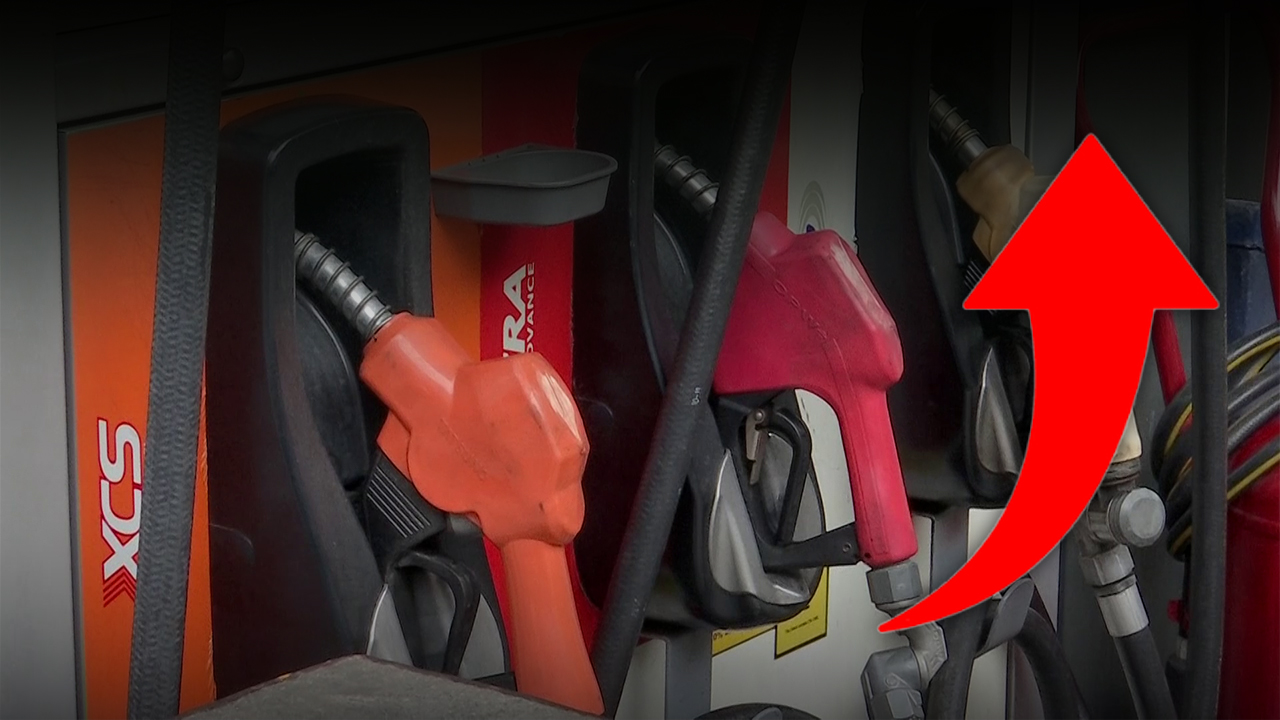MANILA, Philippines — The Department of Justice is studying two legal mechanisms to comply with a potential International Criminal Court arrest warrant against Senator Ronald "Bato" Dela Rosa, despite the Philippines' withdrawal from the Rome Statute preventing direct enforcement.
While the ICC cannot compel the Philippines to recognize its arrest warrants following the country's 2019 withdrawal from the Rome Statute, legal experts say alternative procedures exist for executing ICC arrests, though these processes would take considerably longer.
The DOJ is examining both extradition and surrender as possible responses should an arrest warrant be issued against the senator, who faces allegations related to crimes against humanity during his tenure as Philippine National Police chief.
"Kapag extradition it takes quite some time coz we still have to go through with trial whereas sa surrender it would be immediate."
["When it comes to extradition, it takes quite some time because we still have to go through a trial, whereas surrender would be immediate,"] explained Prosecutor General Richard Anthony Fadullon.
Under the extradition process, an extradition court would need to examine whether the request has legal basis, including determining if the alleged offense was committed, if the person named in the warrant is correctly identified, and whether the offense qualifies as extraditable under the Supreme Court's Rules on Extradition Proceedings.
This judicial review could extend for several months.
Chief State Counsel Dennis Arvin Chan outlined the procedural requirements:
"There will be a request for extradition coming through the Department of Foreign Affairs. It will be transmitted to the DOJ for evaluation, and we will file it with the proper trial court."
A concerned citizen filed a petition with the Supreme Court yesterday, urging the high court to prevent the Senate from sheltering Dela Rosa should an arrest warrant be issued.
Petitioner John Barry Tayam argued that parliamentary immunity has limitations:
"Ang exempted lang naman sa arrest kung yong crime mo ay punishable ng 6 years and below pero kung ikaw kasi ay nakasuhan kasi tulad niyan crimes against humanity ‘yong hatol niyan umaabot hanggang 30 years."
["The only exemptions from arrest are for crimes punishable by six years and below. But if you're charged with crimes against humanity, the penalty reaches up to 30 years."]
DOJ has indicated it would implement any arrest warrant once formally issued, though officials acknowledge the complex legal landscape created by the Philippines' non-cooperation stance with the ICC.
The surrender option gained attention following its use in cases involving former President Rodrigo Duterte, offering a potentially faster alternative to lengthy extradition proceedings.
However, both mechanisms would require coordination through the Department of Foreign Affairs as the initial receiving agency for any ICC request.
The situation highlights the ongoing tension between the Philippines' withdrawal from the ICC and international justice mechanisms, as authorities navigate legal obligations while maintaining the country's sovereignty position.
The DOJ's preparations suggest the government is taking seriously the possibility of international legal action, despite the jurisdictional complexities involved. - via Dante Amento



%201.svg)



































